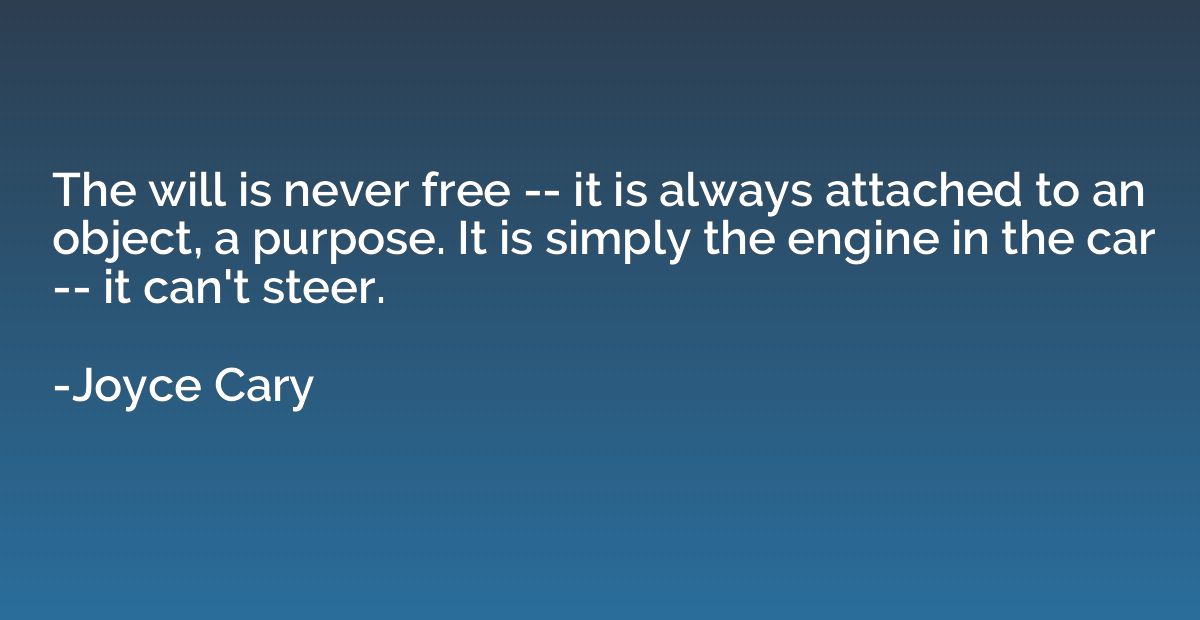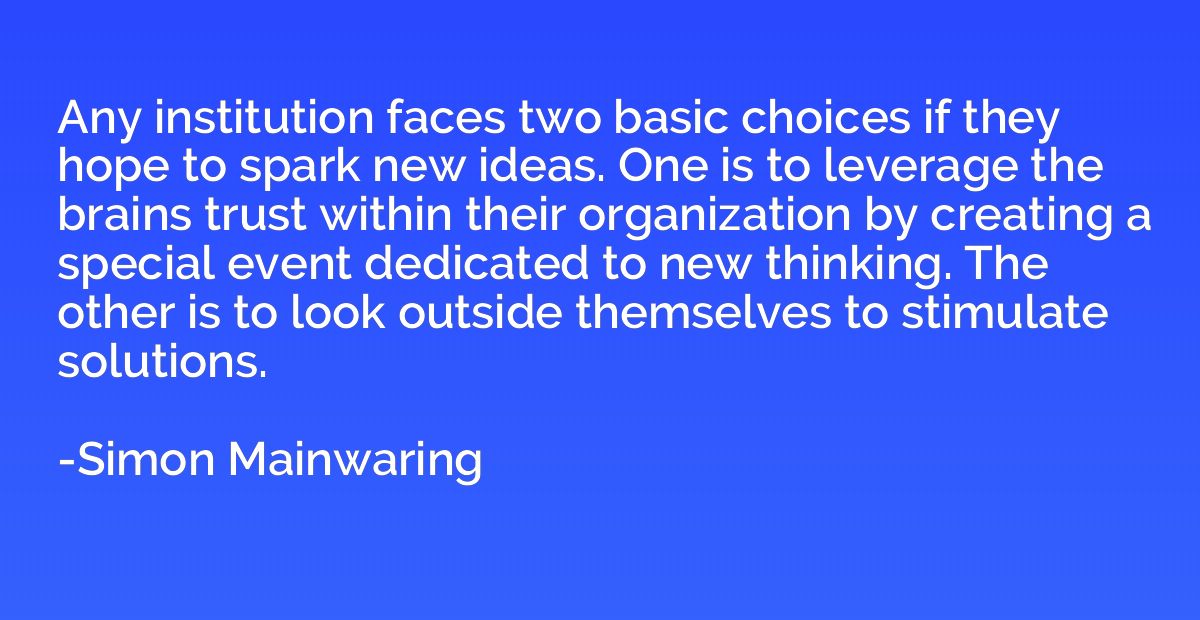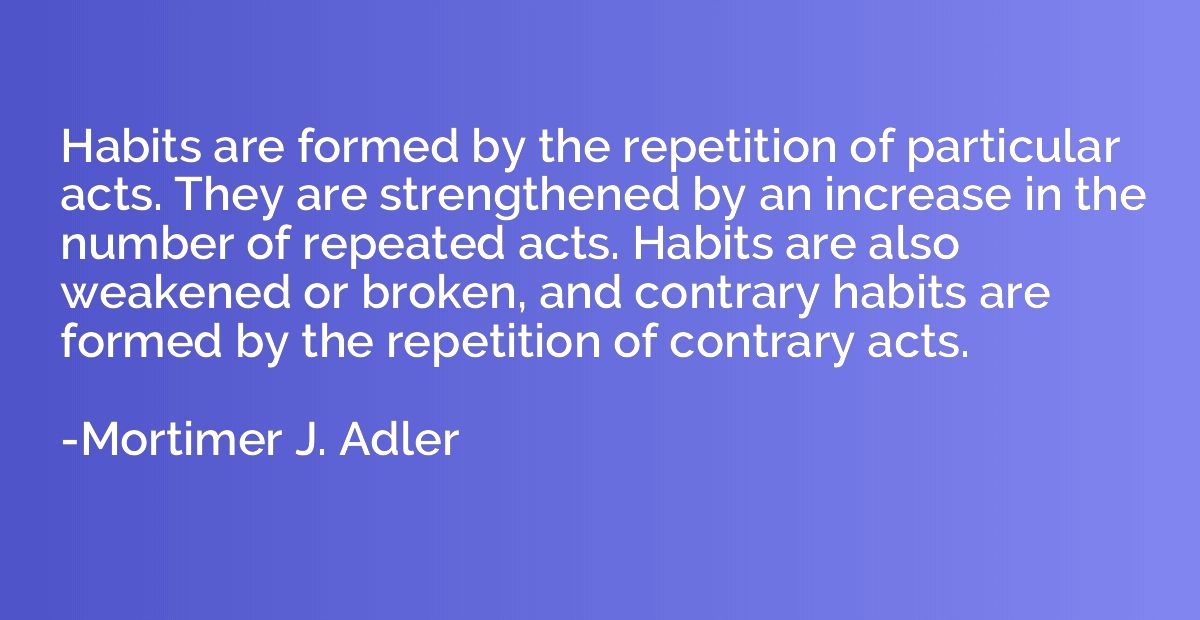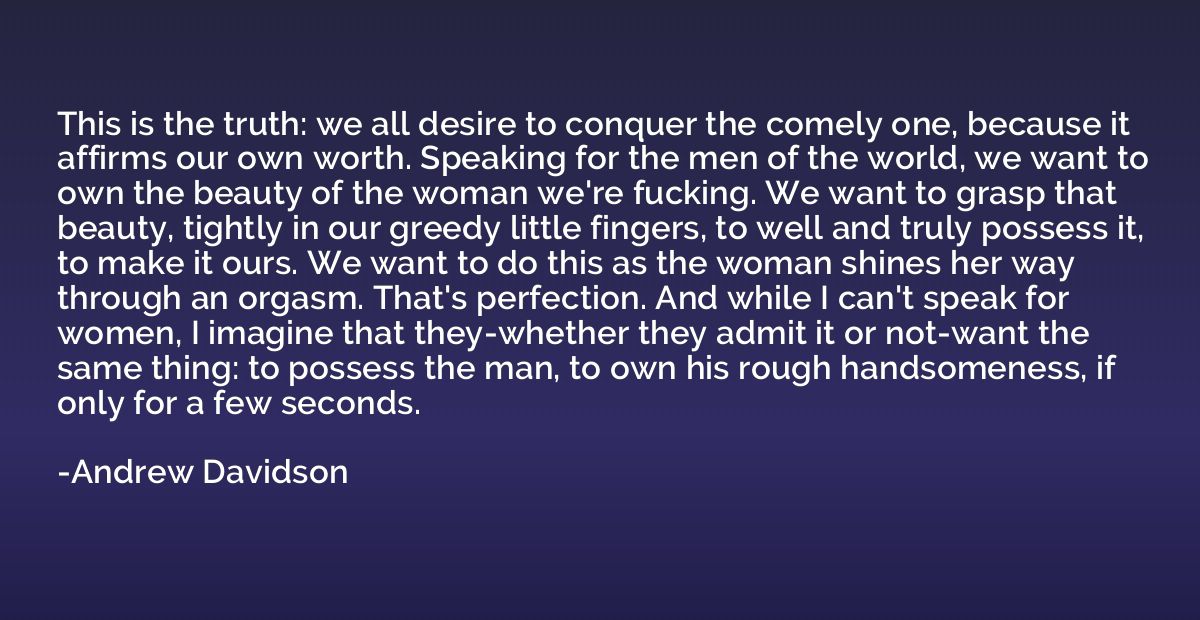Quote by Aristotle
Happiness does not lie in amusement; it would be strange if one were to take trouble and suffer hardship all one's life in order to amuse oneself
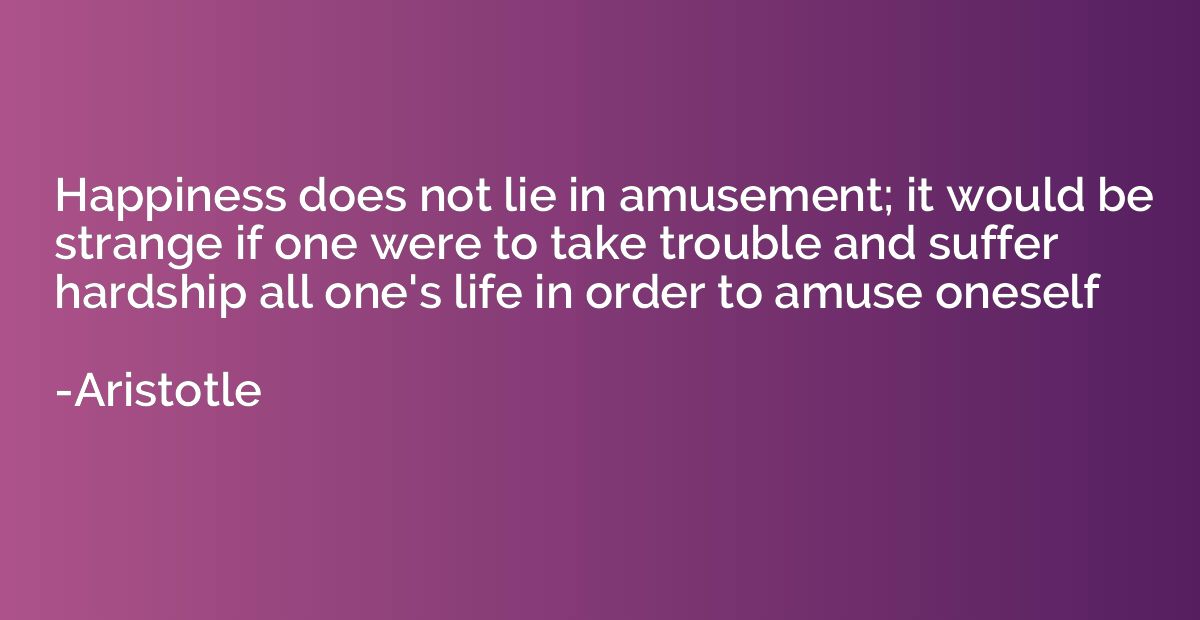
Summary
This quote suggests that true happiness does not come from seeking constant amusement and entertainment. It implies that it is illogical and peculiar to go through a life full of difficulties and challenges simply for the sake of temporary amusement. Rather, it implies that lasting happiness is likely to be found in pursuing meaningful endeavors and facing hardships that contribute to personal growth and fulfillment.
By Aristotle




